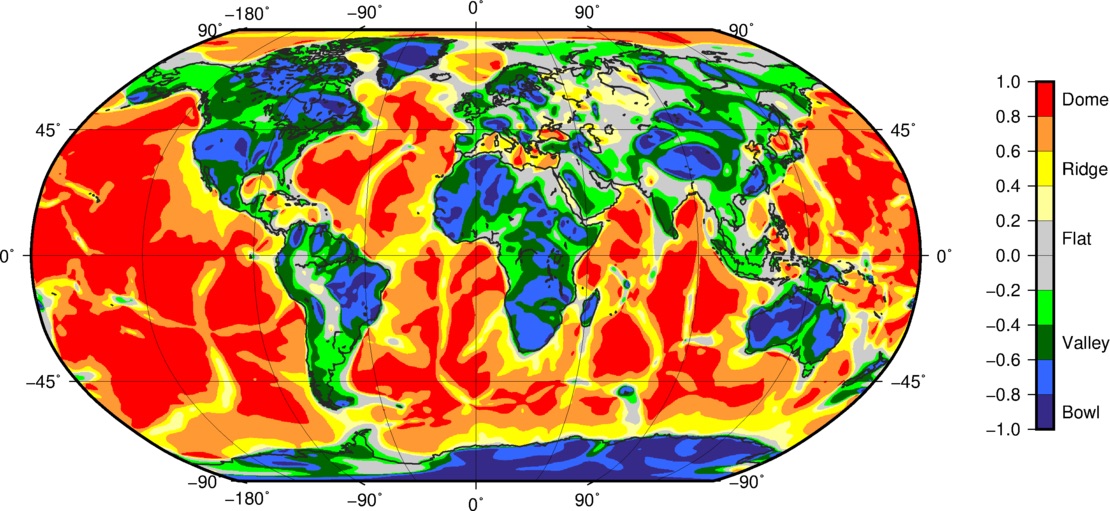Lost Continents Beneath Antarctica Unveiled in Dead Satellite's Data
Ancient continents were found under Antarctic ice, thanks to old data from a now-dead European satellite.
New analysis of data from the Gravity Field and Steady-State Ocean Circulation Explorer (GOCE) mission has revealed rocky zones called "cratons" in the Earth's lithosphere, a zone between our planet's crust and mantle. GOCE plunged into Earth's atmosphere five years ago this month after the craft ran out of orbital-maneuvering fuel. While scientists were unable to predict exactly where GOCE would fall, no debris dropped into populated areas.
GOCE's newly discovered cratons are the leftovers of ancient continents, and they give information about how Earth's modern-day continents are structured — especially Antarctica, scientists working on the study said in a statement from the European Space Agency (ESA).
"In East Antarctica, we see an exciting mosaic of geological features that reveal fundamental similarities and differences between the crust beneath Antarctica and other continents it was joined to until 160 million years ago," study co-author Fausto Ferraccioli, the science leader of geology and geophysics at the British Antarctic Survey (BAS), said in the statement.
GOCE orbited Earth between March 2009 and November 2013, looking for slight variations in the Earth's gravity. The satellite's data not only produced a global gravity map, but also revealed local gravity changes with a resolution as small as 80 kilometers (roughly 50 miles).
The ancient continents came to light in a new map of "shape indexes" created by BAS and Germany's Kiel University. ESA likened these indexes to contours on a map.
"The satellite gravity data can be combined with seismological data to produce more-consistent images of the crust and upper mantle in 3D, which is crucial to understand how plate tectonics and deep mantle dynamics interact," study lead author Jörg Ebbing, a geophysicist at Kiel University, said in the same statement.
Breaking space news, the latest updates on rocket launches, skywatching events and more!
For the study of Antarctica, the newly analyzed gravity gradients will help scientists better understand how these ancient continents affect ice sheet behavior, as well as how the continents will lift up as ice melts due to global climate change, ESA officials said. Specifically, West Antarctica has a thinner crust and lithosphere compared to the eastern region.
The new work was detailed Nov. 5 in the journal Scientific Reports.
Follow us on Twitter @Spacedotcom and on Facebook. Original article on Space.com.

Elizabeth Howell (she/her), Ph.D., was a staff writer in the spaceflight channel between 2022 and 2024 specializing in Canadian space news. She was contributing writer for Space.com for 10 years from 2012 to 2024. Elizabeth's reporting includes multiple exclusives with the White House, leading world coverage about a lost-and-found space tomato on the International Space Station, witnessing five human spaceflight launches on two continents, flying parabolic, working inside a spacesuit, and participating in a simulated Mars mission. Her latest book, "Why Am I Taller?" (ECW Press, 2022) is co-written with astronaut Dave Williams.

